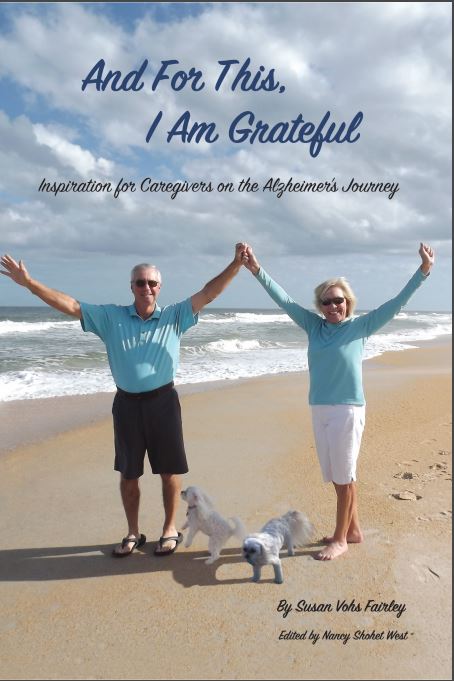The indoor ceremonies start at a precise time, but the parade steps off whenever the speeches and convocation ends, so every year we have to make an approximate guess at when to be ready to fall into place as the marching band, scout troops, decorated veterans and other dignitaries march by.
This year, the kids opted to sleep late. I was a little disappointed. Memorial Day is one of those holidays that it’s all too easy to let go by without formal observances, like Veterans Day or Martin Luther King Jr. Day, and I think it’s important to make the extra effort to do something to commemorate the intent of the holiday. But I didn’t want to insist on it, so I let them sleep, and left on my own to meet my mother at the appointed place from which we planned to await the parade.
But we mis-estimated the schedule. By quite a lot, as it turned out. We sat on a bench by the Church Street baseball field for a full hour waiting to see the parade. And it turned out to be the best Memorial Day observance ever.
My mother and I see each other almost daily throughout most of the year. I stop by my parents’ house after the kids leave for school most weekdays; on weekends we get together for family dinners or we run into each other at my son’s baseball games.
But we’re always busy, even when we make that effort to spend time together. In the morning, I’m already thinking about what I need to do once I get to work; my mother is often assembling whatever she needs for her commitments that day, or making dinner preparations, or my husband is reminding me that I’m supposed to be watching the baseball game and not chatting.
We weren’t busy as we waited for the Memorial Day parade to pass by, though. We didn’t have a single thing to do. We didn’t know we’d be sitting there for an hour; neither of us had brought so much as an envelope to address, let alone a newspaper to read.
And it was wonderful. We talked. Not at great depth; just at great length. It was leisurely. We had time. We talked about odds and ends. Recipes. Books. Upcoming travel. Other family members. Current events.
I don’t think it’s the beginning of a tradition, or even a habit. I don’t think we’ll purposely get to the parade too early next year just to sit and talk. But it was memorable. When I help people write their memoirs and family stories, sometimes they tell me about Christmas rituals or annual vacations, but other times they tell me about things like this: little everyday rituals that they still remember decades after the fact. One gentleman told me about how his mother made bologna sandwiches whenever they had a long car ride. Another client told me about her piano teacher sending her around the corner to buy him a cup of coffee every week – the first adult to trust her with money and a solo shopping excursion.
The parade did finally pass by. My mother and I fell into step at the end, as the spectators are supposed to do, and we progressed to the cemetery for the graveside observances. It was a meaningful Memorial Day. Meaningful because of the traditional observances, of course. But also because of that absolutely unexpected, absolutely unhurried hour, unplanned and unwanted but completely welcome when it happened. An hour to do nothing but visit with each other. A memorable Memorial Day moment, indeed.

 RSS Feed
RSS Feed